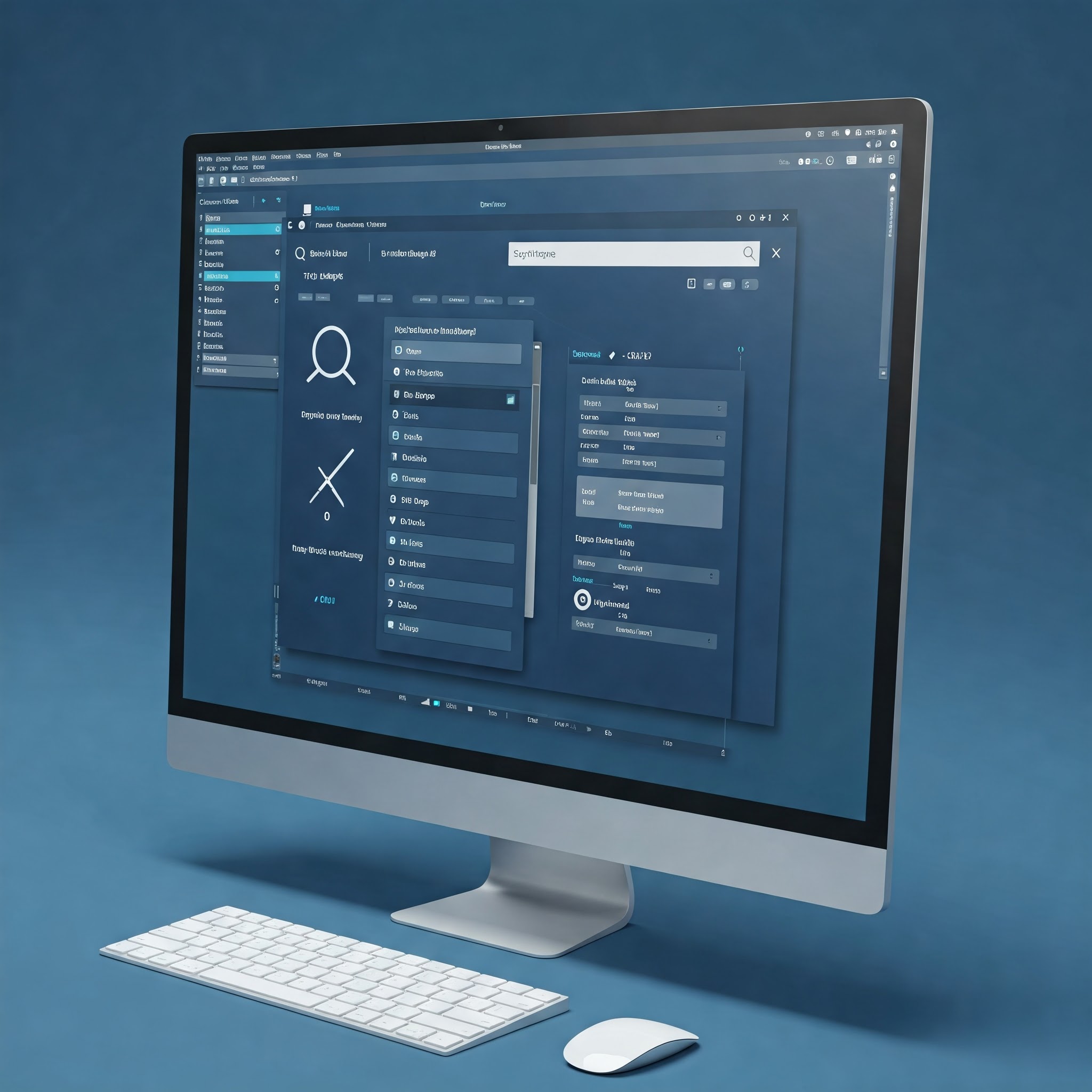How To Choose the Right Accounting Software

Choosing the right accounting software is crucial for managing your business’s finances efficiently. The right tool can help automate bookkeeping tasks, track expenses, generate reports, and ensure compliance with tax regulations.
However, with so many options available, selecting the best software for your business can be overwhelming. If you consider key factors such as your business size, features needed, and budget, you can find an accounting solution that simplifies financial management and supports business growth.
Assess Your Business Needs
Before selecting accounting software, evaluate your business’s specific needs. Consider the volume of transactions, the complexity of your financial processes, and whether you need features like invoicing, payroll, or inventory management. For example, a freelancer or small business may only require basic bookkeeping tools, while a growing company might need advanced features such as multi-user access, integration with CRM systems, or project-based accounting.
Additionally, determine whether cloud-based or desktop software is best for your operations. Cloud-based solutions like QuickBooks Online, Xero, and FreshBooks offer flexibility, allowing you to access financial data from anywhere with an internet connection. On the other hand, desktop solutions may be preferable for businesses that require enhanced security and offline access.
Look for Essential Features
Different accounting software platforms offer a variety of features, so it’s important to choose one that meets your financial management needs. Key features to consider include:
- Automated Bank Feeds – The ability to connect your bank accounts and credit cards directly to the software for real-time transaction syncing.
- Invoicing and Payment Processing – A system that enables you to generate invoices, track payments, and accept online transactions.
- Expense Tracking – Tools that categorize expenses automatically and allow for easy receipt uploads.
- Tax Preparation – Software that calculates taxes, generates reports, and integrates with tax filing services.
- Payroll Management – If your business has employees, consider software that can handle payroll processing, tax deductions, and direct deposits.
Ensure that the software you choose aligns with your business’s financial workflow and integrates with any other tools you use, such as inventory management or customer relationship management (CRM) systems.
Consider Scalability and Ease of Use
As your business grows, your accounting needs may change. Choose software that is scalable, allowing you to upgrade to more advanced features as your financial processes become more complex. Many platforms offer tiered pricing plans, so you can start with basic features and expand as needed.
Additionally, ease of use is a critical factor. The software should have an intuitive interface, making it easy to navigate and use without extensive training. Many providers offer free trials, so take advantage of these to test the platform before committing.
Compare Pricing and Support Options
Accounting software varies in cost, with pricing structures based on subscription plans, one-time purchases, or usage-based fees. Compare costs based on the features you need and ensure there are no hidden fees for additional users, integrations, or customer support.
Lastly, check the level of customer support offered. Reliable customer service, including live chat, phone support, and online resources, can be invaluable if you encounter issues or need assistance.
Choosing the right accounting software is an investment in your business’s financial health. By assessing your needs, focusing on essential features, and considering scalability and cost, you can find a solution that streamlines bookkeeping and helps you manage your finances with confidence.
